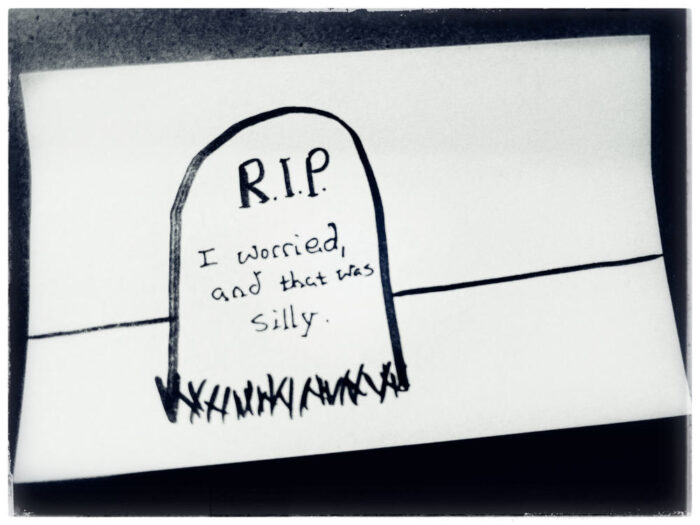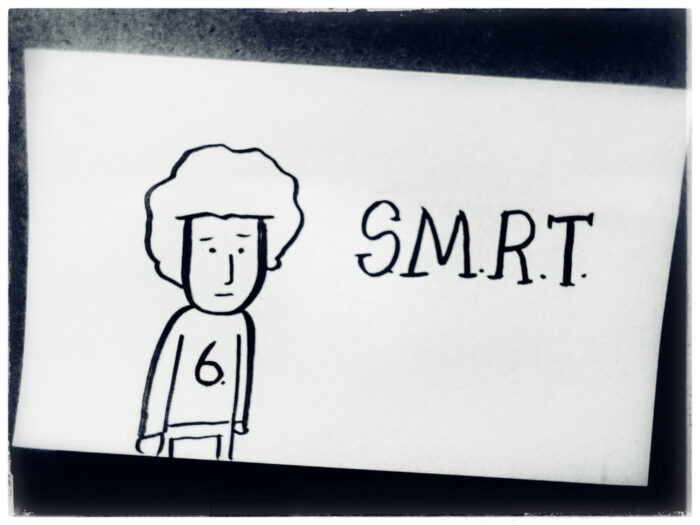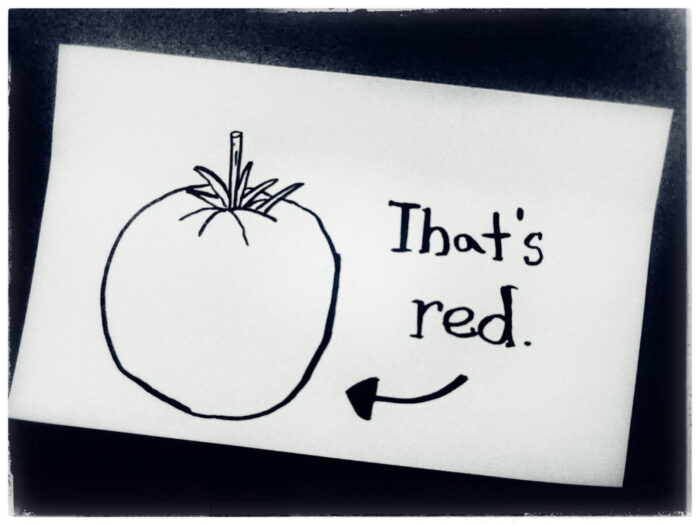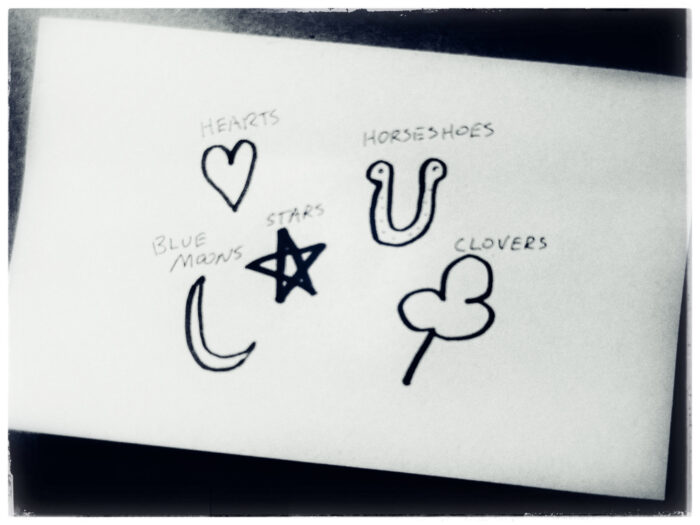
My high school had our Open House on Thursday. Having gone to a much smaller school than the one where I currently teach, the idea of an Open House seems unusual to me. Apparently students and parents around here get to choose which high school they want to go to? I’ve always been under the impression that, if you lived in a certain area, then you went to a certain school. That was why rich parents would move to a certain neighborhood “for the schools.”
Yesterday, though, I spent an evening explaining (or “upselling”) aspects of the English department to prospective parents and students. Mostly, I did this by giving everyone really hard grammar and punctuation questions and giving them mini Snickers if they got a question right. Good salesmanship is about having snacks. (Prove me wrong.)
I didn’t try very hard, though. English would not be a selling point for nearly any high school — every student has to take four years of English, no matter what, so there isn’t much “selling” to be done. I can understand some students wanting to go to a certain school for the football program, or because they have a good music director, or their theater department was big, but nobody picks their high school based on the English classes.
Essentially, I was like a car salesman pointing out that the vehicle in question had four tires. “These babies sure do spin!” I said, aiming a kick at a tire, missing, and kicking the door frame instead, leaving a large dent.

So, it’s been a busy week. I have made some good progress with The Portable Dorothy Parker (I’m nearly finished), and am thinking about what I want to read next. I’d like to pick something fun, but I also want to keep working with the element of randomness. Maybe I’ll just pick a number and let the Gods of RNG hold my fate in their fat, fumbling fingers.
I mean, I can’t pick out the books that I know I’ll like first. If I do that, pretty soon the list will turn into one big chore. Like a bowl of Lucky Charms with all the marshmallows picked out; it’s milky disappointment. I feel like randomly picking is the only real way to go forward.
At the same time, who cares? This is my project and I can do it however the hell I want.
Maybe I could randomly select three books and choose the one that I like most? That’s an idea! It’s still random, but it’ll keep me from getting hit with The Bible when I don’t feel like reading something so ponderous.
Let’s try it!
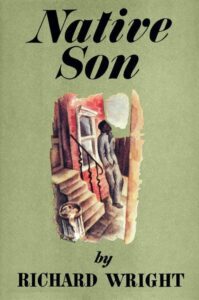
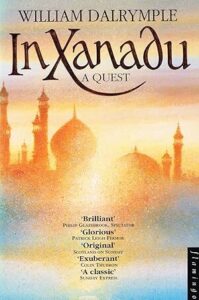
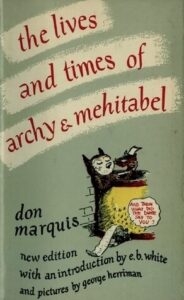
Oooooh what a range. I’ve heard of two of these, and I’m pretty sure I read Native Son in college. Still, if I’m picking between those three, then I suppose my next book is going to be In Xanadu by William Dalrymple, which I’m pretty sure is about a guy traveling down the Silk Road in the 1980s.
Let’s get ready for some lightly racist soul searching!
